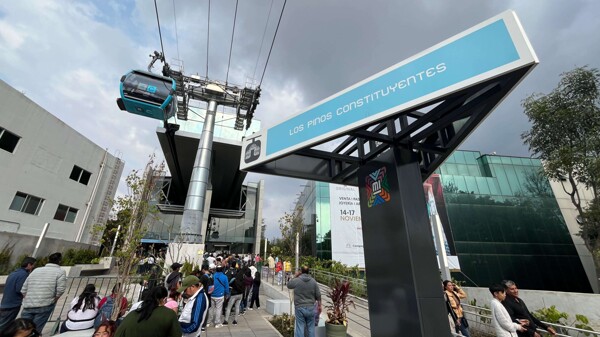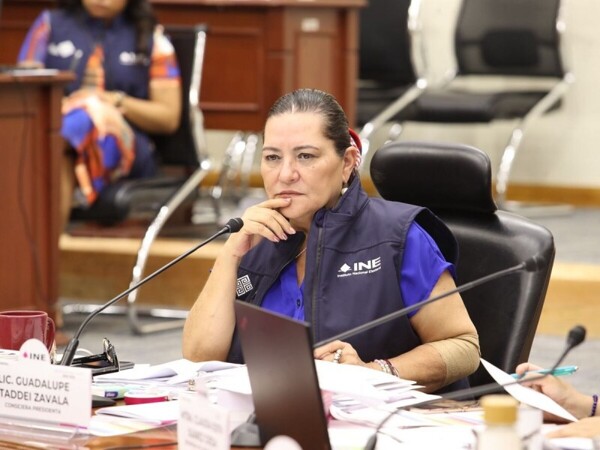
The increase in salaries did not trigger inflation and labor, fiscal, and social policy measures were combined in a context that clicked (virtue and fortune). The state must play a proactive role as a regulator and as a promoter of innovation through strategic investments, with policies that integrate elements of redistribution and support for key sectors that foster growth. Ros argues that institutions alone are not sufficient to ensure growth.
Guide to changing capitalism. Financial and trade globalization failed to deliver on the promise of infinite economic growth and development. "Education, health, cannot be achieved without an increase in public resources..." In the previous government, growth was lower than promised and below the average of its predecessors. Institutions do not operate in a vacuum and their effectiveness is conditioned by the sociocultural context.
There is not a single path to growth, let alone to shared prosperity. Furthermore, it is required, in countries like Mexico, for the tax system to be progressive and to redistribute income. The role of the state has been absurdly reduced. The quality of industrial policy and the dynamics of the private sector are also crucial. There are countries with inclusive institutions that still face stagnation. This could be the new paradigm.
**Suggested readings:** The Wealth of Nations in the 21st Century, Jaime Ros (FCE); Economic Mission. For them, the best inclusive institutions are those that guarantee property rights (no expropriations) and the least political distortion possible (widely distributed political power, elites that play fair...).
Representatives of new institutionalism, the award winners are challenged by voices that demonstrate their hypothesis cannot be generalized. It was claimed that the best industrial policy was to have no industrial policy. And let’s not talk about commercial protectionism dismantled in emerging economies and reinstated in Europe or the United States... Jaime Ros offers a critical perspective on some ideas of Acemoglu, Johnson, and Robinson, which tend to overemphasize the role of formal institutions at the expense of other factors, such as business culture, infrastructure, and the historical context of each country.
Or the case of caps on wage increases, out of fear of the specter of inflation. However, poverty decreased and family income increased. They do not work in realities like the Mexican one, according to Jaime Ros or Mariana Mazzucato, or are incompatible with the possibility of solving climate change issues, as the controversial Kōhei Saitō argues. A clear example to support the arguments of the Nobel laureates is the comparison between South Korea and North Korea (same geography, different institutions), although their determinism falters when comparing, as their critics suggest, Nuevo León with Oaxaca (same institutions) or Nogales, Arizona, with Nogales, Sonora, where geography favors the Mexican Nogales.
The Swedish award is granted when the basic political consensus that has existed around the neoliberal economic development model, dominant for at least four decades, seems to be coming to an end. Inequalities deepened, poverty increased, and growth rates, with few exceptions (1995, 2008, 2020), remained stable at mediocre numbers. The model upheld taboos dismantled at various times. There was no greater wealth in terms of GDP, but there was better distribution among classes and regions, although insufficient and unequal.
“To create a welfare state, a large state is needed to redistribute income from the richest to the poorest. Now, there is no clear alternative development model, but rather a combination of policies that were successful at a historical moment. Different development models can be effective in different contexts. For Jaime Ros, in memory. The Nobel Prize in Economics 2024 was awarded to Acemoglu, Johnson, and Robinson, economists who research the relationship between institutions and economic development. In their work Why Nations Fail, they argue that economic development is based not only on factors such as capital or geography, but is also determined by the type of institutions that countries have. It was not so. Mariana Mazzucato (Taurus). Slow Down. The Degrowth Manifesto. Kōhei Saitō (Astra House).














